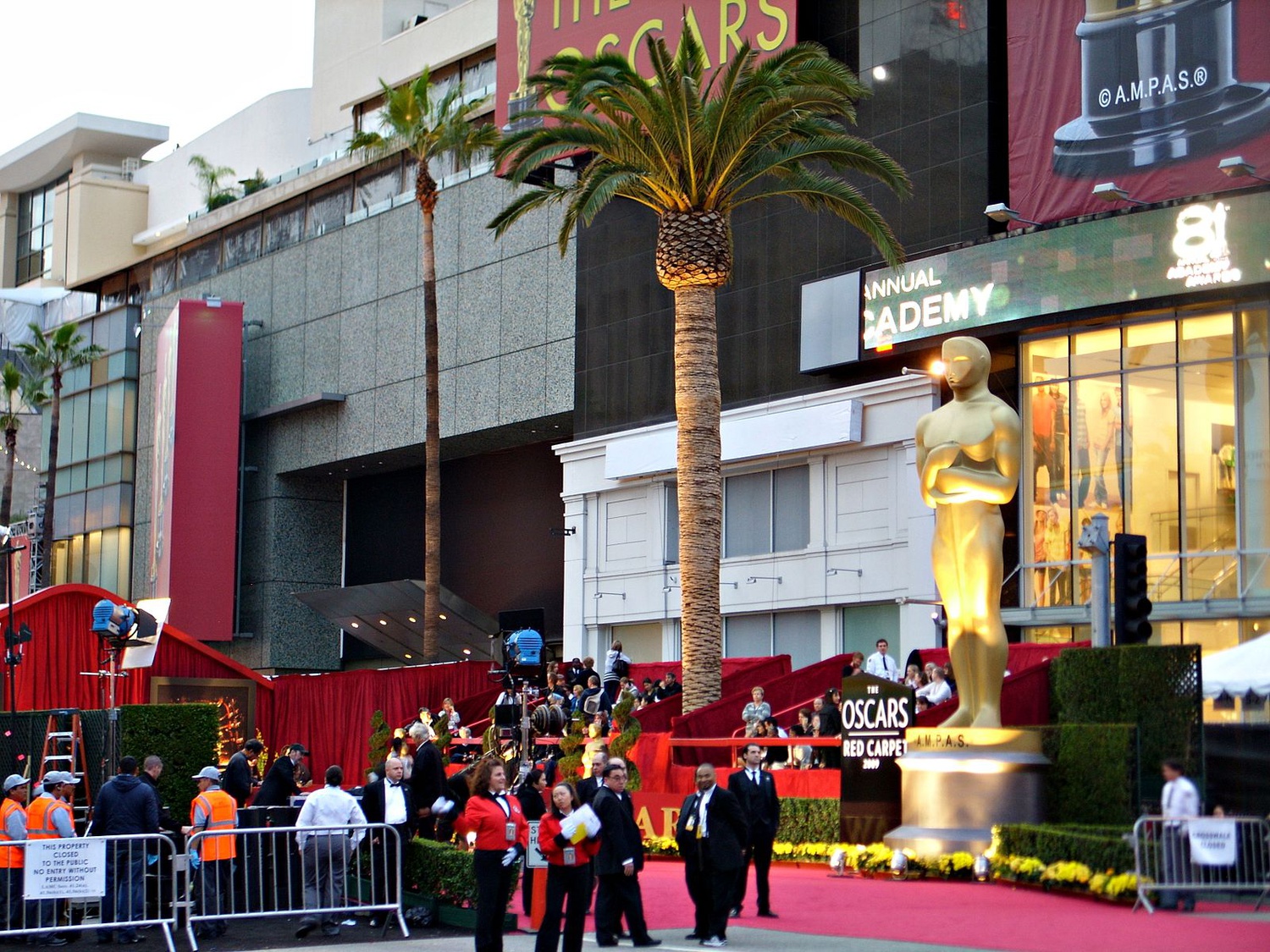
News
Summers Will Not Finish Semester of Teaching as Harvard Investigates Epstein Ties

News
Harvard College Students Report Favoring Divestment from Israel in HUA Survey

News
‘He Should Resign’: Harvard Undergrads Take Hard Line Against Summers Over Epstein Scandal

News
Harvard To Launch New Investigation Into Epstein’s Ties to Summers, Other University Affiliates

News
Harvard Students To Vote on Divestment From Israel in Inaugural HUA Election Survey
Unpopular Opinion: Without the Spectacle, Awards Shows Focus on the Art

The story of cable television in the 21st-century has largely centered around its ability, or lack thereof, to catch up with the oodles of streamable content millions currently have access to. Due to the COVID-19 pandemic, cable networks have had to relinquish the (nonexistent) nobility of live-studio broadcasting and adapt their most popular events — game shows, award ceremonies, and talk shows — to internet-friendly content and production. In other words, network television has entered the world of its more-popular online nemesis.
For the most part, this transition has been very rocky. Watching a late-night talk-show host riff into a webcam without a studio audience is akin to watching those clips of “Friends” with the canned laughter taken out: deliciously cringe-worthy, but not interesting enough to keep watching.
Award shows are suffering a similar fate as well, with Zoom panels and pre-recorded performances becoming the new interface for celebrity sightings. Lacking live music and the spectacle of well- or oddly-dressed famous people, award shows have been stripped to a point of being almost unrecognizable, where their central purpose — an incredibly partial celebration of Hollywood’s most successful — is made so blunt that it’s unclear why anyone enjoyed them in the first place. With the pomp and circumstance removed, the award show format has transformed from a glamorous night to an awkward PowerPoint presentation.
Criticism of the genre and its pitfalls isn’t exactly new. Of course, before 2020, there would be about 308 lukewarm takes around Oscars season proclaiming that The Oscars Are Vain And Everyone Should Hate Them and No One Is Going To Watch Them, followed by a full review about how terrible the Oscars were that year. Every fall and winter, Twitter exists solely to roast the fits on the VMAs red carpet, not laugh at the BAFTA hosts’ jokes, and keyboard smash when they accidentally give Best Picture to “La La Land.”
Yet, it's the stripping away of luxury, pre-shows, and big-budget productions that illustrates the real value of award shows: the conversations about art and media they foster among those who watch. The general idea of a privileged cohort of critics deciding what is and isn’t the best art of the year will always carry an air of critiqueable elitism, but the members of the voting committee aren’t the only ones involved in the process of making the shows happen. Heightened especially during the pandemic are debates about which film, TV show, or podcast deserves an award among the limited releases this year — and more critically, whether in a normal year they should reach the acclaim they have now. Can the Golden Globes go on as normal, or will Sonic the Hedgehog reach new heights in the award show circuit? Participation brings the awards show to life and saves it from being an event solely for self-important millionaires.
Casting predictions, spitballing memes, seeing favorite artists awarded for their work, being exposed to new movies, music, people, and more are all part of a cultural conversation predicated on the existence of some type of awards ceremony in the first place. For all their frivolity, awards shows — even the slideshows that they now are — play a part in keeping art alive.
Want to keep up with breaking news? Subscribe to our email newsletter.
